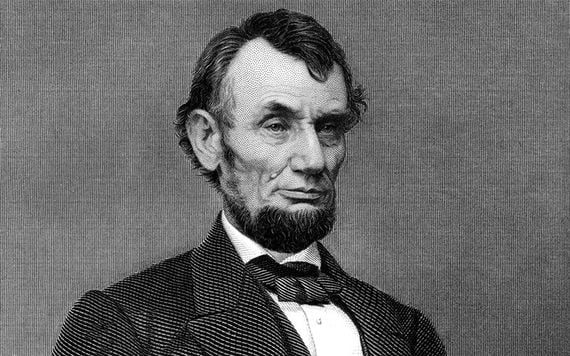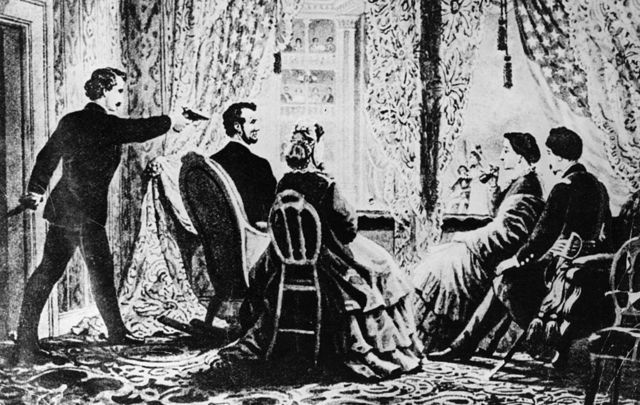On this day, John Wilkes Booth shot and killed President Abraham Lincoln at Ford's Theatre. The news shocked not just America but the world.
“The blow is sudden, horrid, irretrievable,” wrote the London Standard, “never … has a murder been committed more momentous in its bearing upon the times.”
Those were true words. Lincoln’s death impacts down to the present day, especially in race relations which were destroyed after his untimely death by Jim Crow laws.
Coincidentally, last week, Irish Ambassador Dan Mulhall hosted a reading and discussion at his Washington residence for my book “Lincoln and the Irish - The Untold Story.”
Read more
It was an evening to remember personally, a wonderful acknowledgment of a book that for the first time showed the numerous and significant connections America’s greatest president had to the Irish at the time.
I look forward to discussing @NiallODowd’s latest book, Lincoln & the Irish with him at a function this evening. It’s a fine account of Lincoln’s interaction with Irish immigrants. pic.twitter.com/8BuXeP4UpF
— Daniel Mulhall (@DanMulhall) April 4, 2019
The audience of Washington Irish and some Lincoln devotees were attentive and intrigued.
Time and again I have come across Irish Americans saying how little of the hidden history of the Irish and Lincoln they knew.
Despite the fact that his newly-minted Republican Party was not just anti-slavery but anti-Irish too, Lincoln clearly admired and got along with the sons and daughters of Erin.
Perhaps it went back to his children’s nannies who were all Irish, one of whom, Mary Gordon, he was especially close to as she seemed the only one who could calm the volatile and moody Mrs. Lincoln.
At his summer White House at the Old Soldiers Home, he met and spoke with hundreds of Irish. Injured during the war, they had no family support being recent immigrants. He would have heard Irish spoken. He made clear in his writings he liked them dearly.
Indeed, a contemporary journalist complained bitterly that a “Hibernian cabal” surrounded Lincoln in the White House and indeed, there were staffers called McManus, Burke, Mangan, McGee, Forbes, the list went on.

Abraham Lincoln.
On the night he died, two Irishmen were on the coach that bore him to the theater. Francis Burke was driving, Charlie Forbes from Dublin was the footman. Later, Forbes waiting in the theater anteroom was the last man to encounter John Wilkes Booth on his way to assassinate the president.
The news of his death would not reach Europe for 14 days. On the misty morning of Wednesday, April 26, three men in a fishing boat set off from Crookhaven in Cork, the first land point from America on the Atlantic route went to intercept the mail steamer “Marseilles.”
Read more
A young German immigrant, Joseph Reuter, had cleverly set up a telegraph wire from nearby Cork City to Crookhaven. Other media companies waited until the mail ship reached Cobh, far further down the coast. Reuter’s vision was to give him the scoop of the century in Europe and set up his remarkable career.
When the men brought the news canisters back to Reuters Crookhaven office, the dreaded news was revealed and flashed across Europe as the death of Lincoln was deeply mourned.
A year later, with the Transatlantic cable working, the news of Lincoln’s death would have reached Europe in eight minutes flat.
But on April 26, the masses outside America in Europe heard weeks later for the first time the Great Emancipator was dead. The Irish who knew him mourned bitterly too. They, also, had lost a friend.

Love Irish history? Share your favorite stories with other history buffs in the IrishCentral History Facebook group.




Comments